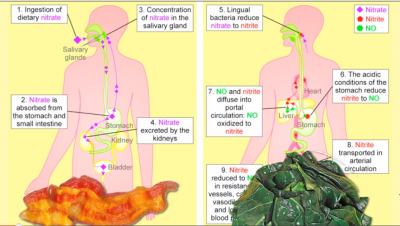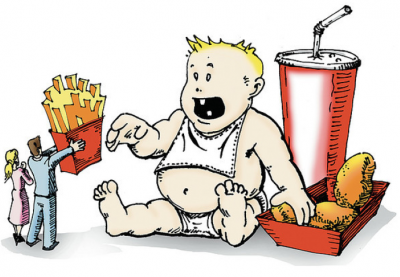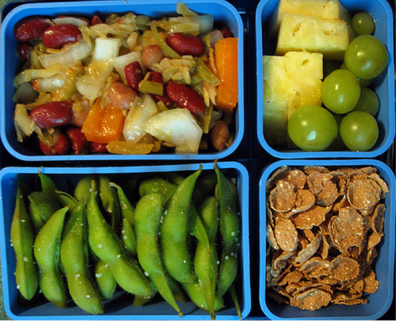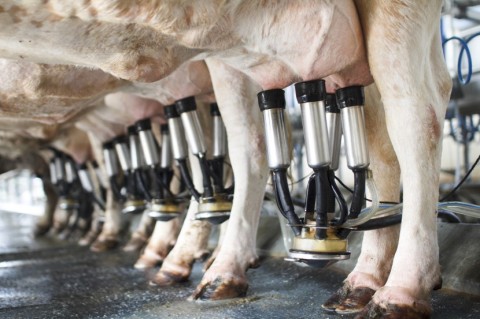Hectic schedules, working overtime, extracurricular activities - all the reasons why fast food restaurants are so appealing. We've become so accustomed to eating on the run, that preparing a sit-down, hot meal with our families almost seems peculiar. What we don't realize, however, is that these fast foods not only promote childhood obesity, diabetes, and the beginning stages of heart disease, they are now suspected of negatively affecting school performance and learning.
DrCarney.com Blog
Nitrites, found in processed meats like ham, bacon, and hot dogs are potent chemical carcinogens. This may explain why hot dog consumption has been associated with the two leading types of pediatric cancers. While this is now considered common place with even the World Health Organization warning us, it was not always understood or accepted.
Medical experts predict that today's children will be the first generation that will not outlive their parents. This is partly due to the sharp rise in obesity among American children. Steven Kenneth Galson, former US Surgeon General, states that the obesity epidemic is a result of "an increasingly sedentary lifestyle and poor nutrition."
The Journal of Epidemiology and Community Health published a recent study that followed the diets of nearly 4,000 children from birth to over eight years of age. The study found that "Toddlers who ate a nutrient-rich diet full of fruits and vegetables had higher IQ scores when they reached 8 years of age compared to the toddlers who consumed processed foods full of fat and sugar. The foods that the toddlers ate had a dramatic long term effect on their brain function."
If you're starting to get your little ones ready to head back to school, here are some school lunch comments from Dr. Pam Popper as she compares how our school lunch programs could be improved greatly by learning from the Japanese. Watch Dr. Pam Popper's discussing School Lunches in Japan
Pamela A. Popper, Ph.D., N.D. Links
Dr. Michael Greger explores how many pollutants can creep up the food chain. A similar array of foods is contaminated with other industrial pollutants. The video is somewhat shocking. Especially when we think about feeding our children.
The opiate-like drug effects of the casomorphin in cow’s milk may have a depressive effect on the respiratory center of infants and lead to “milk apnea,” in which babies temporarily stop breathing and are placed at risk for sudden infant death syndrome (crib death). Interestingly enough sleep apnea in breast fed babies can also be caused when their mother consumes cows milk.
Copyright
© Video from Dr. Greger of NutritionFacts.org. Image from FoodMatters.tv










